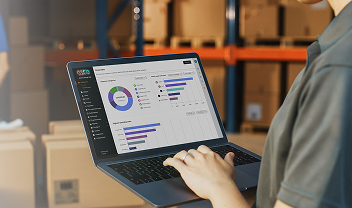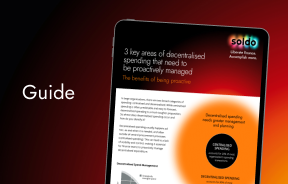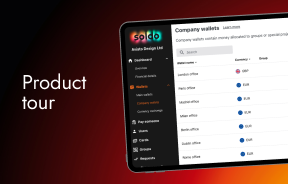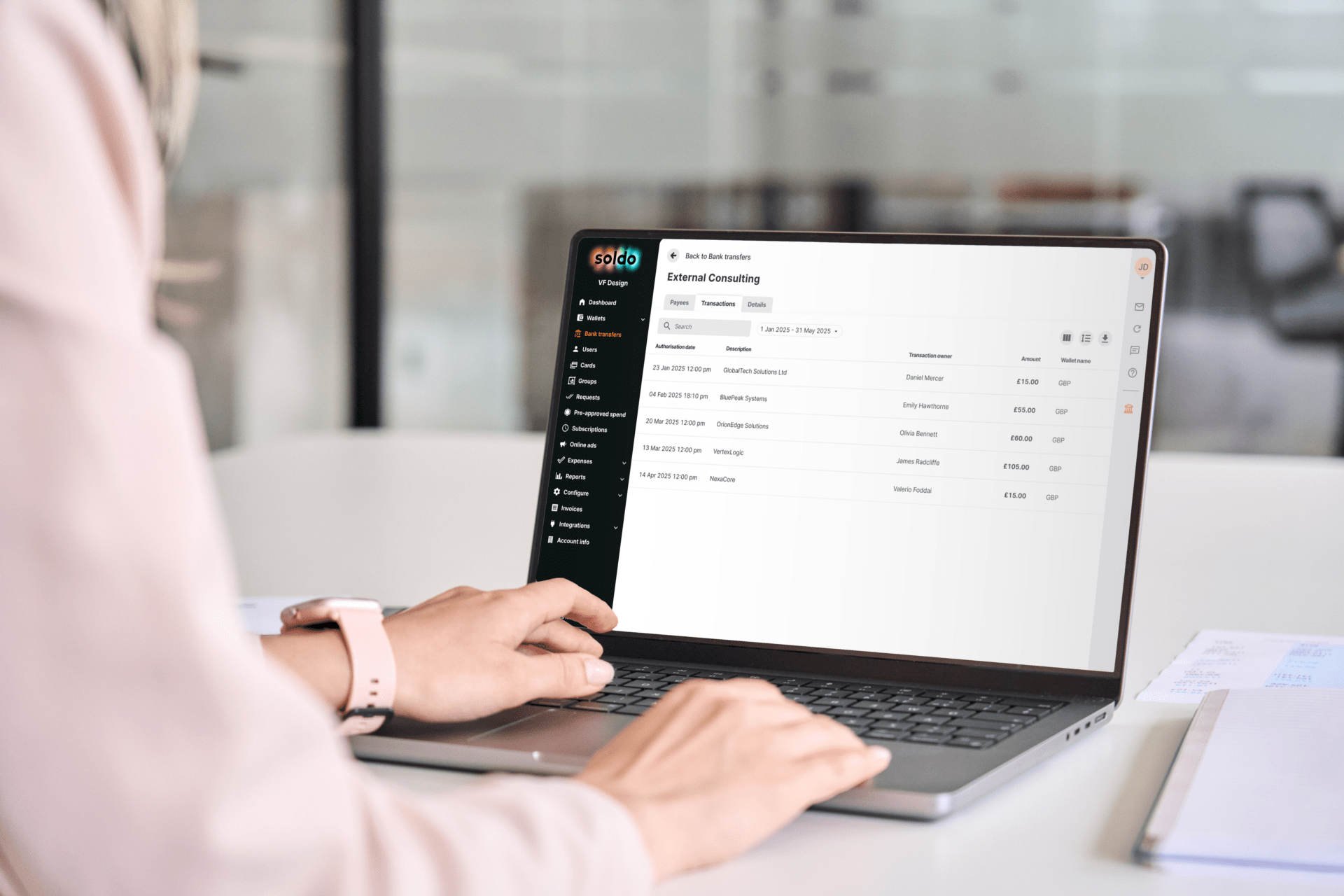Here’s what finance leaders need to know
On 2 April, it was announced some UK-manufactured goods entering the US would be subject to a 10% reciprocal tariff, creating complexity for businesses selling and procuring goods. The 10% UK tariff rate is in effect from 5 April, followed by a 20% tariff on imports from the European Union.
While this is not the first time tariffs have been featured in international trade, this development signals a change that finance leaders should pay attention to, particularly for those in the manufacturing, construction and automotive industries.
And while the business impact will vary, the challenges remain the same: cost increases, reduced margins, and planning and growth insecurity.
Understanding reciprocal tariffs
The impact of reciprocal action is a key issue for UK businesses. In similar cases, governments have responded with their own import duties and levies, raising the stakes for companies with international suppliers or sales channels.
The reciprocal tariffs will influence global supply chains, increasing the cost of imported goods and applying pressure on finance and procurement teams.
Who is likely to be most affected
Industries with significant exposure to international trade will feel the most immediate impact, including:
- Manufacturing: UK manufacturers that sell directly into the US or are part of international supply chains that route through.
- Retail and consumer goods: Companies importing goods from overseas – or exporting niche UK products – may face price shifts or delays.
- Construction: Where materials are sourced globally, cost bases could shift rapidly, requiring closer control and more frequent re-forecasting.
- Professional services: While not directly tariffed, advisory firms, logistics and compliance specialists are often required to manage this added complexity.
What this means for finance teams
Tariffs are another variable in an already challenging operational environment, and uncertainty is certainly not new for businesses. For finance leaders, it’s a timely reminder to make sure financial processes are set up to respond quickly and that strong controls are in place.
In light of the new rules, key areas to review include:
- Scenario planning and stress testing: Building different cost assumptions into forecasts, identifying where margins could come under pressure and testing pricing strategies.
- Supplier visibility: Understanding where imported goods come from and your exposure to affected regions and industries.
- Cash flow oversight: Tariff changes can lead to delays or added friction. Ensure you have real-time visibility of payments and spending across the business.
- Cost agility: If teams need to reallocate spend or respond to changing circumstances, make sure your systems are flexible and can scale.
How Soldo supports business through trade disruption
Soldo allows finance, procurement and operational teams to manage spending more closely, which is vital when external costs fluctuate.
With Soldo, you can:
- Give teams and employees easy access to money with defined limits, policies and approval rules
- Track spending in real-time and category costs automatically
- Allocate budget by department, team or project in response to shifting needs
- Integrate spending data with your accounting platform for more accurate forecasting.
These capabilities give finance leaders more control without slowing down the business.
Staying prepared in a changing environment
Although this new tariff announcement may not affect every business directly or immediately, it’s another example of how quickly external factors can affect cost planning and financial strategy.


























